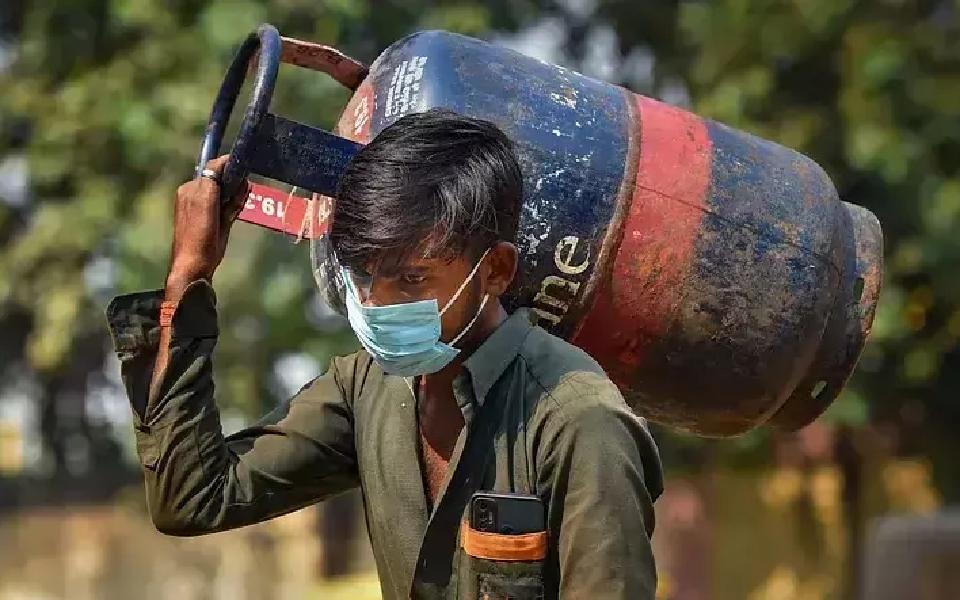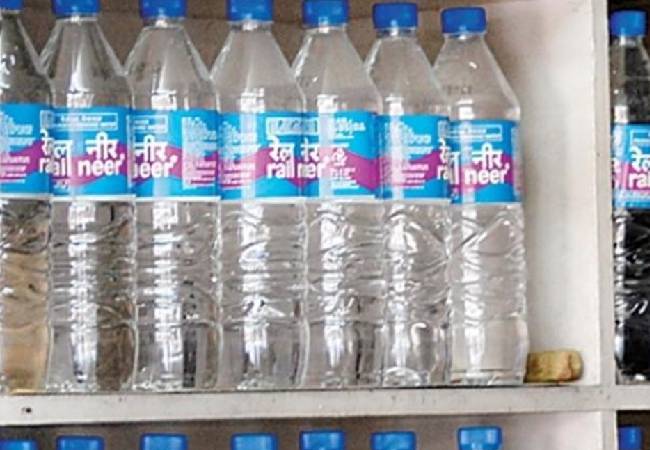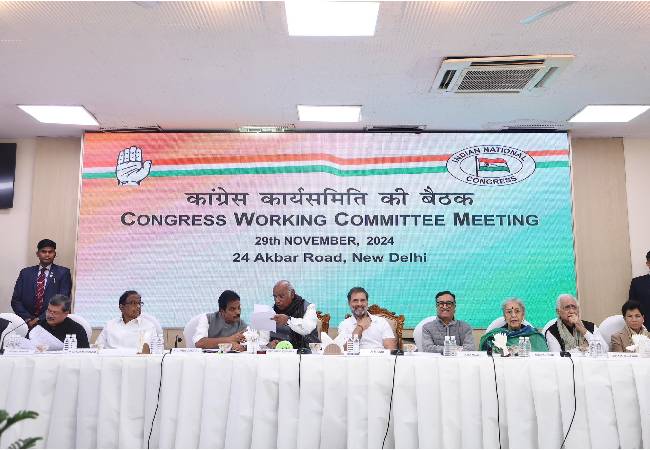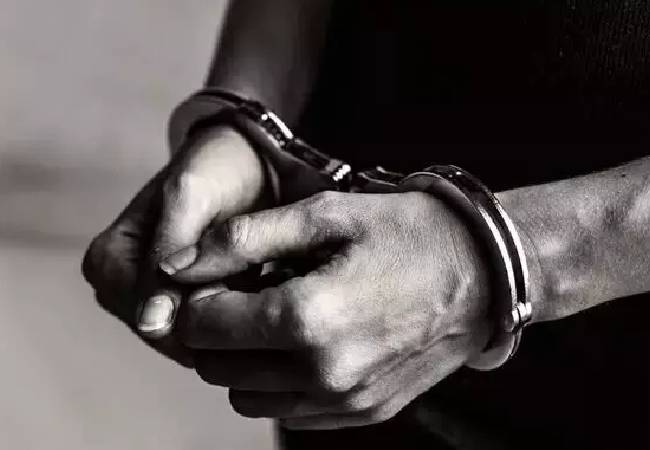New Delhi, Sep 1: Jet fuel, or ATF, price was on Sunday reduced by 4.6 per cent while the rate of commercial LPG used in hotels and restaurants was hiked by Rs 39 per 19-kg cylinder in the monthly revision done in line with international oil price trends.
Aviation turbine fuel (ATF) price was cut by Rs 4,495.5 per kilolitre, or 4.58 per cent, to Rs 93,480.22 per kl in the national capital, according to state-owned fuel retailers.
The price reduction will help ease the burden on airlines for whom fuel makes up for almost 40 per cent of the operating cost.
The reduction follows two rounds of monthly price increases. Jet fuel prices were on August 1 raised by 2 per cent or Rs 1,827.34 per kl and by 1.2 per cent (Rs 1,179.37 per kl). These hikes followed a steep 6.5 per cent (Rs 6,673.87 per kl) reduction effected on June 1.
The ATF rate in Mumbai was reduced to Rs 87,432.78 per kl on Sunday from Rs 91,650.34 previously.
Prices differ from state to state depending on the incidence of local taxes.
Alongside, oil firms increased the price of commercial LPG by Rs 39 to Rs 1,691.50 per 19-kg cylinder.
This is the second straight monthly increase. Prices were hiked by Rs 6.5 per cylinder on August 1. The two rounds of increase follow four monthly price reductions. In four price reductions, rates were cut by Rs 148 per 19-kg cylinder.
Commercial LPG now costs Rs 1,644 per 19-kg cylinder in Mumbai, Rs 1,802.50 in Kolkata and Rs 1,855 in Chennai.
Rate of cooking gas used in domestic households, however, remained unchanged at Rs 803 per 14.2-kg cylinder.
State-owned Indian Oil Corporation (IOC), Bharat Petroleum Corporation Ltd (BPCL), and Hindustan Petroleum Corporation Ltd (HPCL) revise prices of ATF and cooking gas on the first of every month based on the average price of benchmark international fuel and foreign exchange rate.
Prices of petrol and diesel continue to remain frozen. Rates had been cut Rs 2 per litre in mid-March. Petrol costs Rs 94.72 a litre in Delhi while diesel is priced at Rs 87.62.
Let the Truth be known. If you read VB and like VB, please be a VB Supporter and Help us deliver the Truth to one and all.
New Delhi (PTI): Approximately 13 lakh litres of packaged drinking water -- 'Rail Neer' -- are being supplied to train passengers across the railway network daily, the government informed the Lok Sabha in a written reply on Wednesday.
Apprising the Lower House about the Indian Railways' endeavour to provide safe and potable drinking water facilities at all stations, the government also provided zone-wise details of the water vending machines (WVMs) installed there.
"To ensure the quality of drinking water being made available at the railway stations, instructions exist for periodical checking and required corrective action to be taken.
"Regular inspection and maintenance of drinking water facilities is carried out and complaints are attended to promptly," Railway Minister Ashwini Vaishnaw said while responding to a question raised by BJP MP Anup Sanjay Dhotre seeking to know the supply of drinking water at railway stations across the country
"Complaints regarding deficiency in services, including water supply, are received through various channels such as public complaints, web portals, social media, etc. These complaints are received at various levels, including the Railway Board, zonal railways, division office, etc.," Vaishnaw said.
"The complaints so received are forwarded to the concerned wings of Railways and necessary action is taken to check and address them. As receipt of such complaints and action taken thereon is a continuous and dynamic process, a centralised compendium of these is not maintained," he added.
Providing zone-wise details of water vending machines, the minister said 954 such machines have been installed across railway stations.
"The Indian Railways also provides safe and affordable packaged drinking water bottles -- Rail Neer -- approved by the Bureau of Indian Standards (BIS) in trains and at stations," Vaishnaw said.
"Approximately, 13 lakh litres of Rail Neer are being supplied per day to the travelling passengers in trains and at stations across the Indian Railways network," he added.




